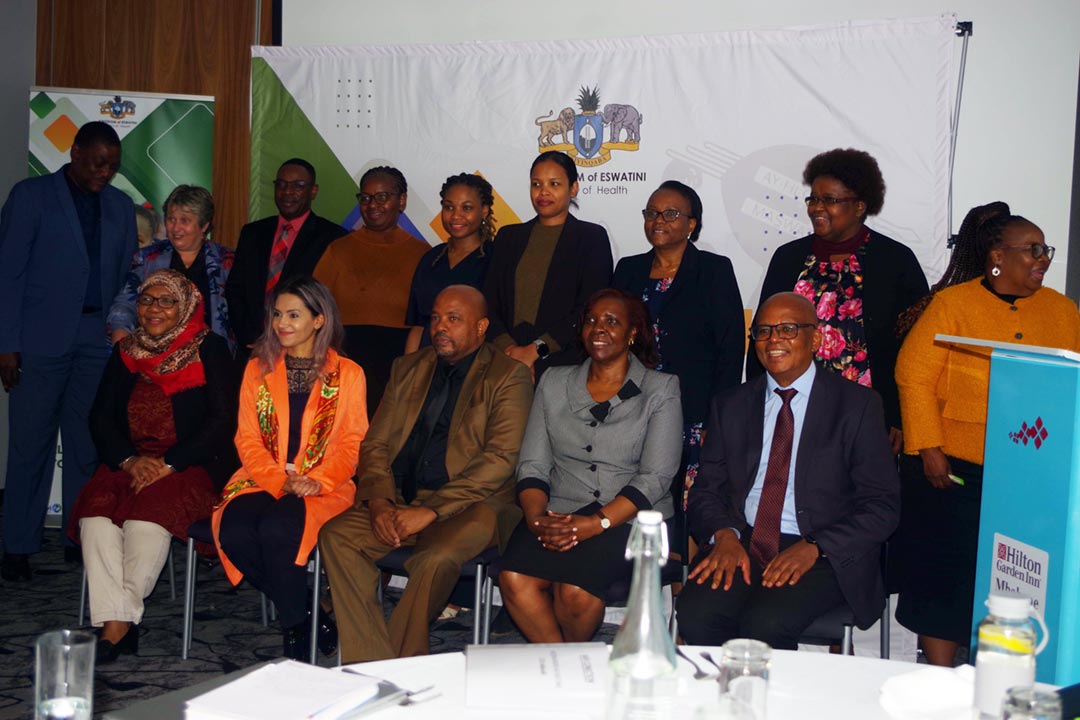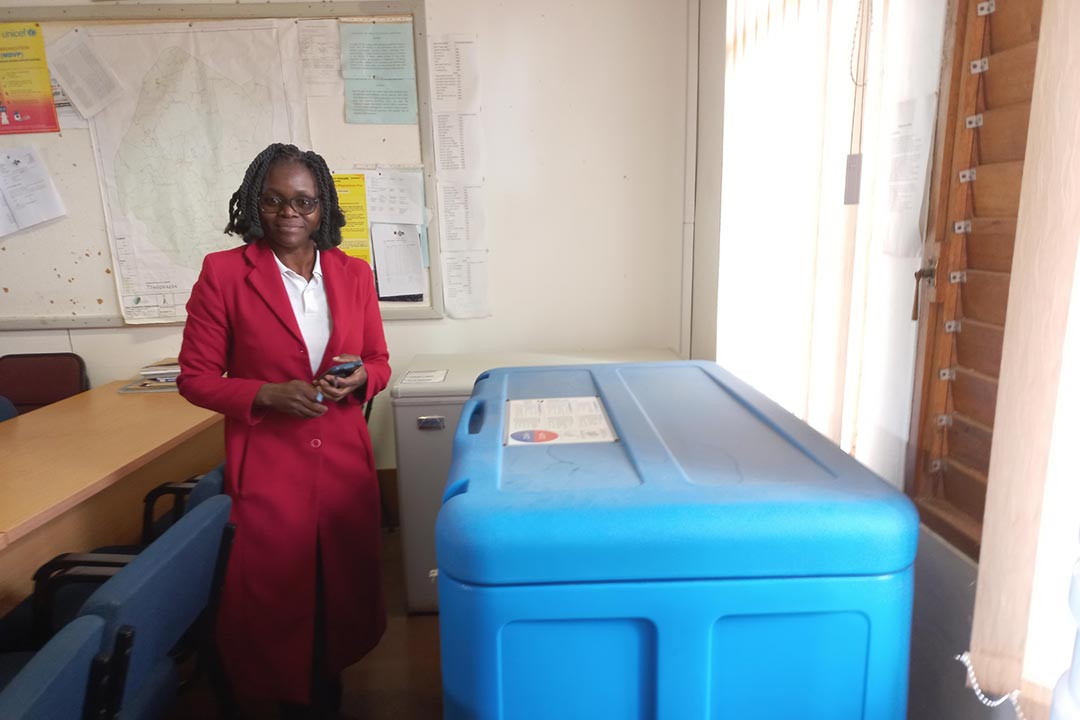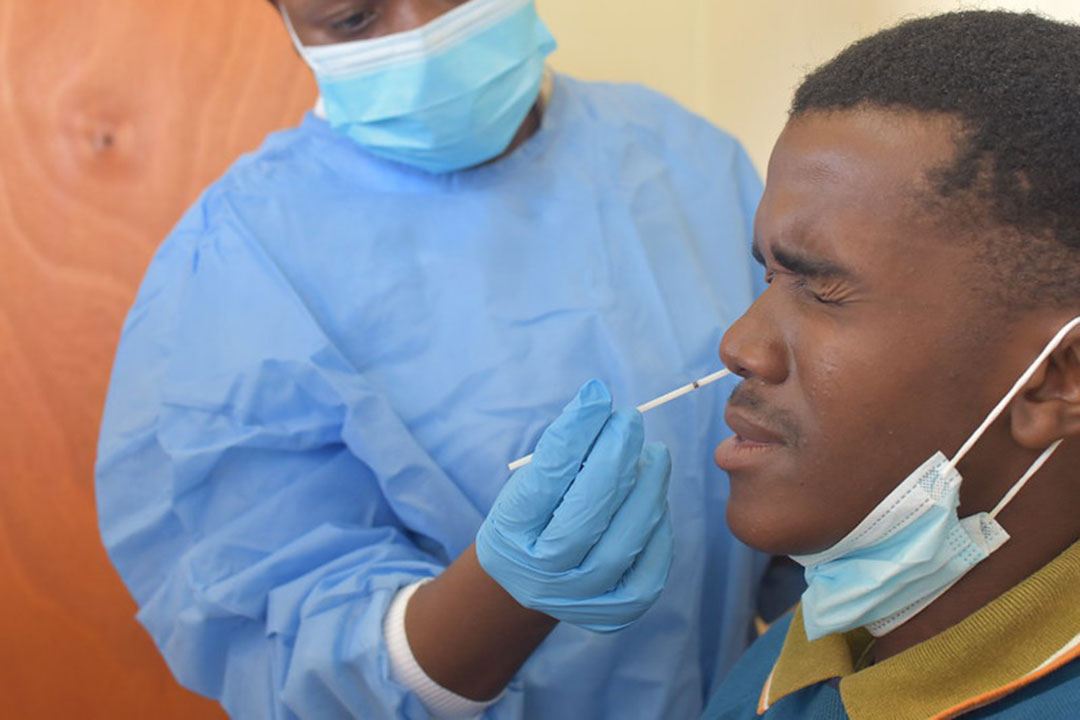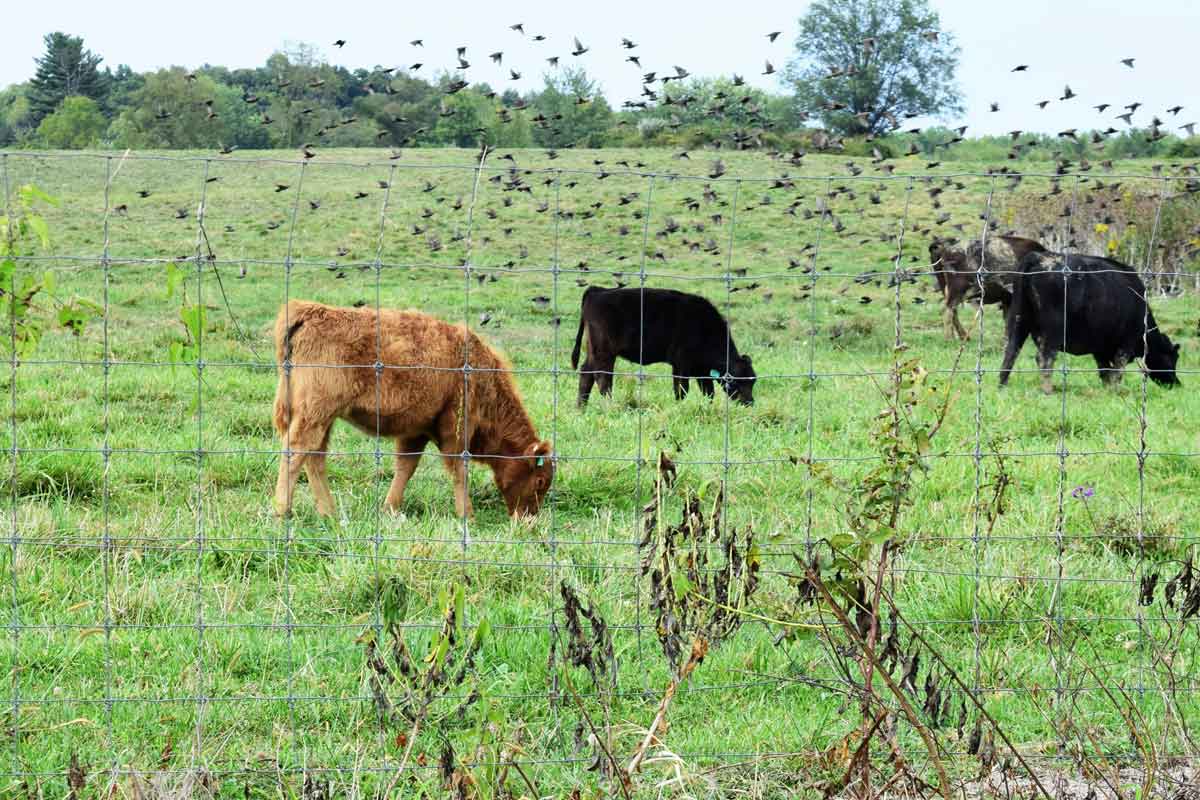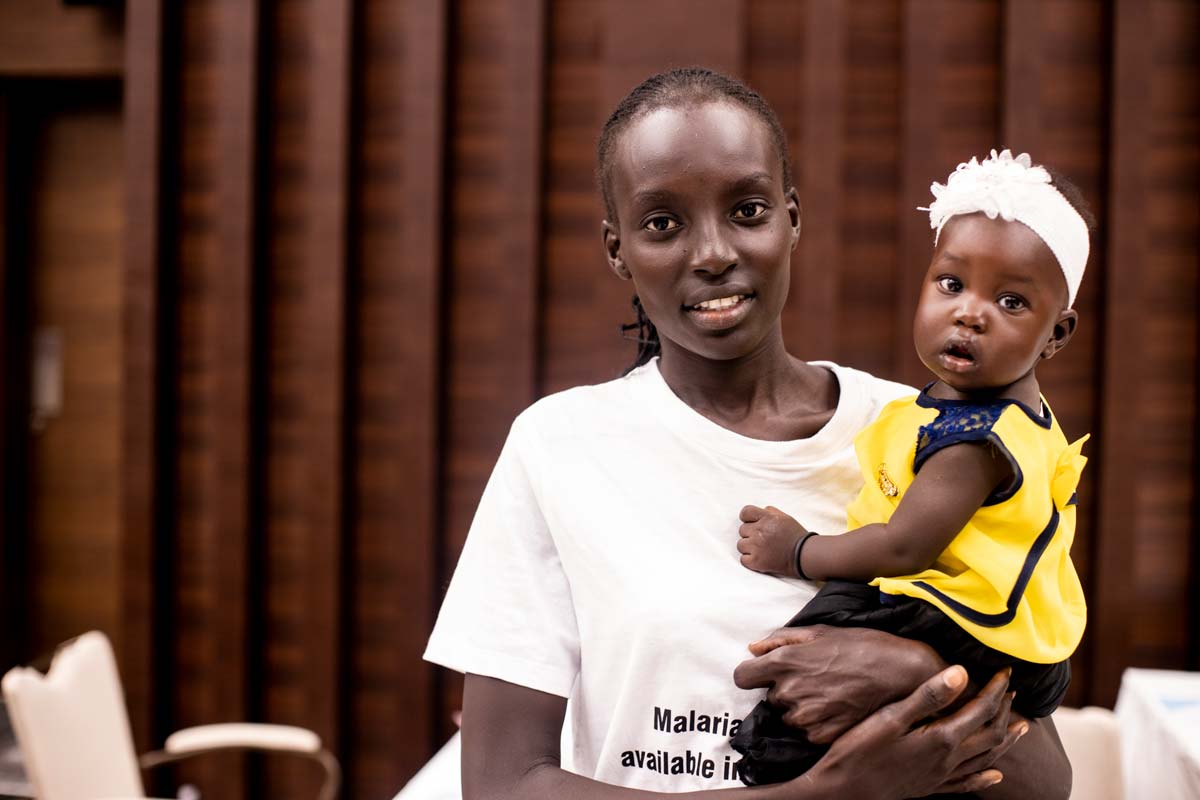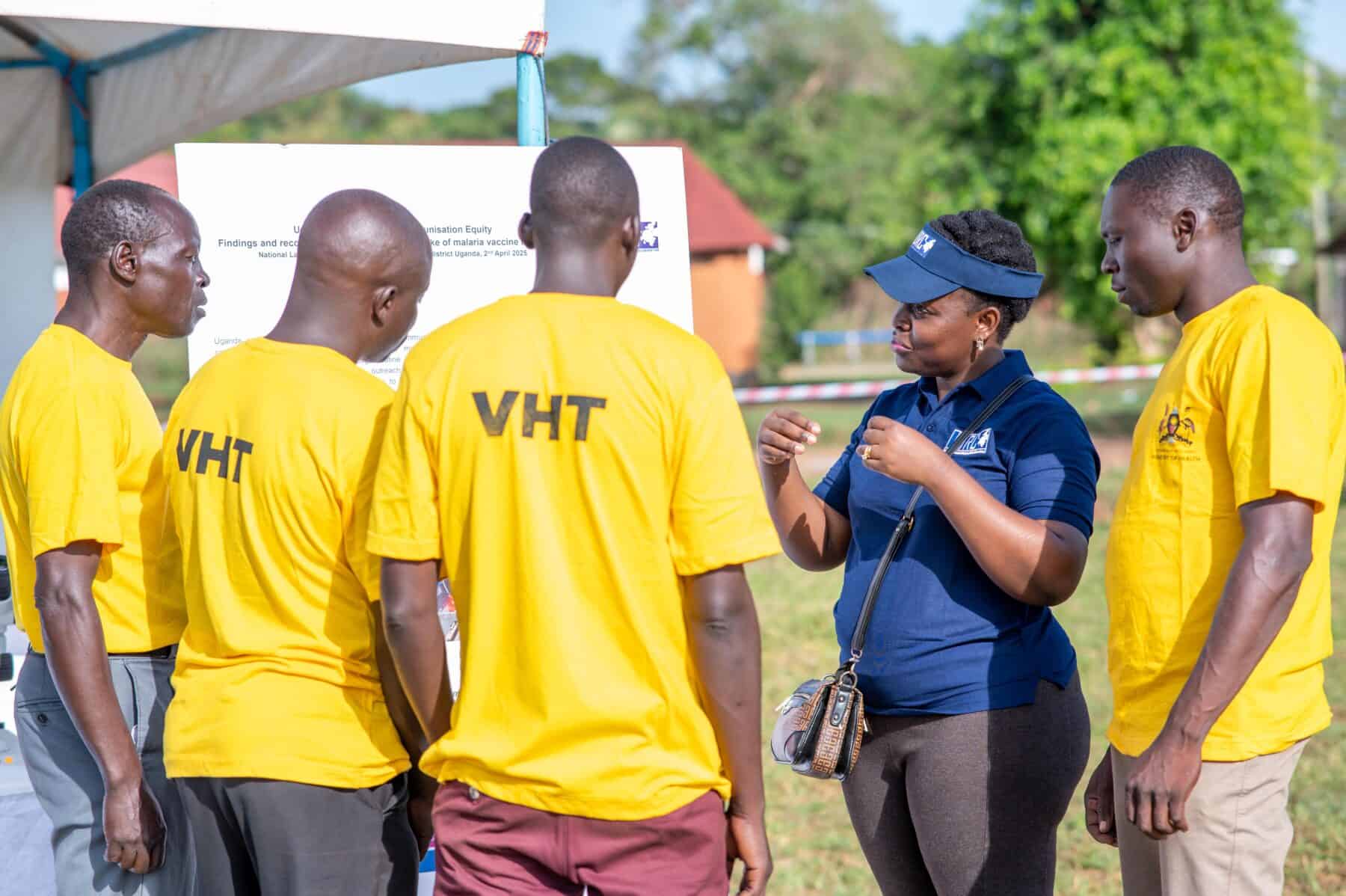Eswatini health campaign bundles HPV vaccination with other critical interventions in schools
Eswatini's EPI chief Xolisiwe Dlamini tells VaccinesWork that the first-of-its kind initiative is all about making the most of the resources at the small country's disposal.
- 31 October 2024
- 6 min read
- by Nonduduzo Kunene
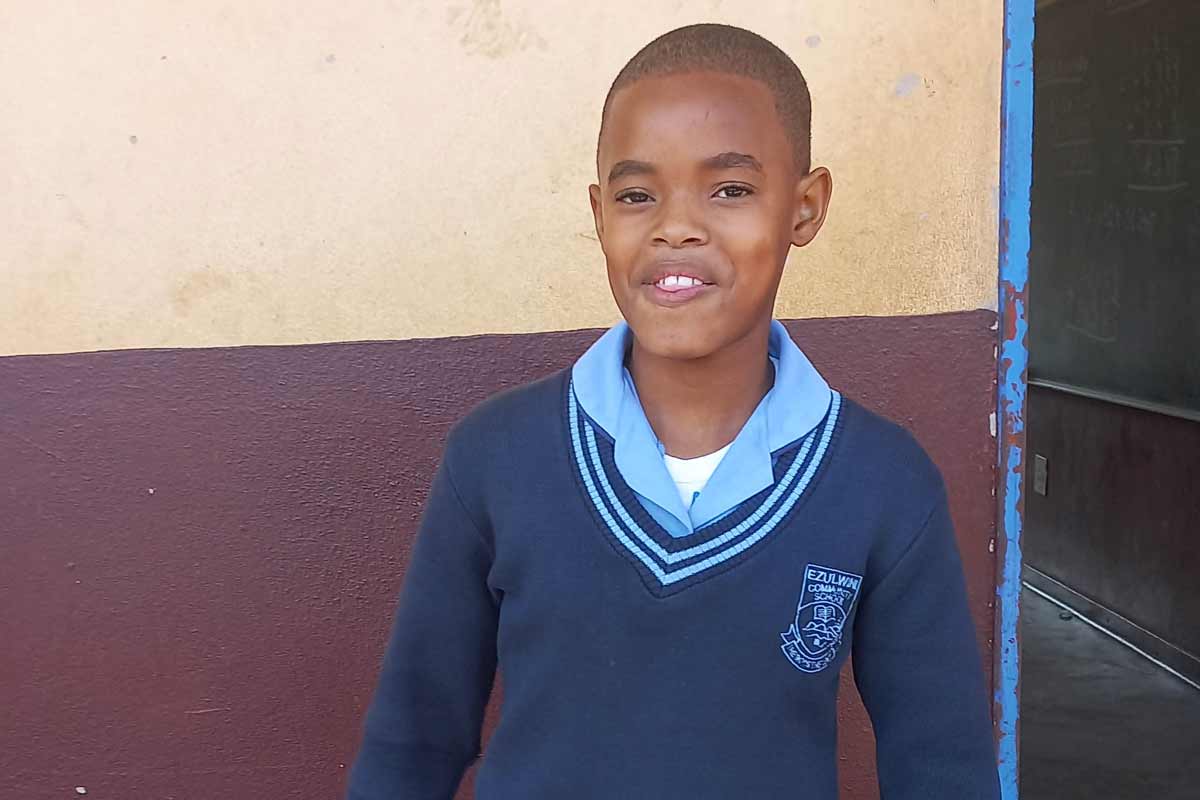
In the chilly middle months of this year, the largest vaccination initiative Eswatini has seen in three years brought both human papillomavirus (HPV) vaccines and COVID-19 jabs onto 900 school campuses, with mobile health teams also folding in a deworming blitz and nutrition survey.
Expanded Programme on Immunization (EPI) director Xolisiwe Dlamini told VaccinesWork that the campaign’s patchwork structure reflected the tiny southern African country’s determination to do “the most” with the resources at their disposal.
At the height of the effort, said Dlamini, 300 health workers, split into 65 volunteer-supported teams, were out vaccinating thousands of girls against HPV, the cause of the vast majority of cases of cervical cancer worldwide, and kids of both sexes against COVID-19. Between vaccines, dewormers and nutritional supplements, the aim was to reach a total of 300,000 students. Final numbers are still being collated following the campaign’s close in mid-October, but Dlamini indicates that early analysis suggest more than 70% of the target was achieved.
“The services are free, and they are an effort by the government to ensure that Eswatini’s future is filled with emaSwati who are healthy, educated and productive.”
- Xolisiwe Dlamini, Expanded Programme on Immunization (EPI) director
Strong reception for bundled preventive care
Launched in June by Minister of Health Mduduzi Matsebula, it is a collaboration between the Ministries of Health and Education.
The campaign brought critical health care interventions to the learners at both primary and high school levels. Girls aged 9–14 years are the target group for HPV vaccination, while children 12 years and older were eligible for COVID-19 vaccination. All pupils were offered deworming. Kids aged 6–19 years were given nutritional supplements “as per need”, Dlamini explained.
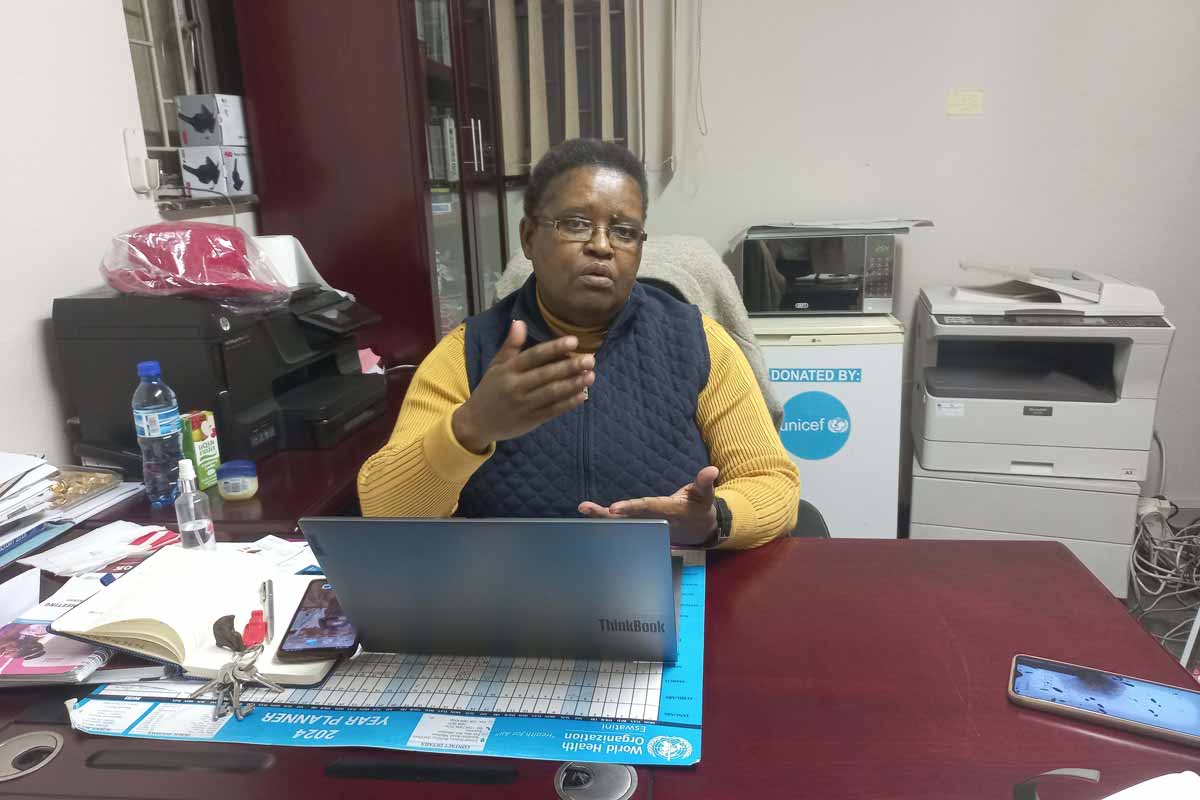
The integrated campaign is of a second act. In 2023, Eswatini launched the HPV Vaccine in Schools campaign, designed to reach 30,000 girls between 9 and 14 years old with the cancer-blocking shot. That experience appears to have taught agenda-setters that sending health teams onto school grounds is an opportunity not to be squandered.
“The deworming service aims to address bilharzia and soil-transmitted parasitic intestinal worms that cause various diseases. These parasitic diseases cause significant deaths worldwide, particularly in sub-Saharan Africa. In a previous mapping exercise, it was revealed that 15% of school-going children were infected with bilharzia disease and 5.6% of school-going children were infected with soil-transmitted diseases,” said Dlamini.
“The services are free, and they are an effort by the government to ensure that Eswatini’s future is filled with emaSwati who are healthy, educated and productive.”
Different interventions were not administered on the same day, the EPI director explained – rather, a learner would receive the first intervention, and be scheduled to receive the subsequent interventions a week later. “These services are safe, and we have ensured that we have trained health care workers on standby for any additional support should a need arise,” she adds.
“I used to work in the health care space before; I have seen a lot of illnesses that could have been prevented by vaccination. I always tell my children about the importance of prevention.”
- Thabisile Malindzisa, mother
Other, generalised checks were conducted on campus. “We have environmental teams who would assess the school hygiene in terms of the toilets and the water used in the schools we vaccinated,” said Dlamini.
Priority was given to schools that had not been included in the 2023 HPV Vaccine in Schools campaign.
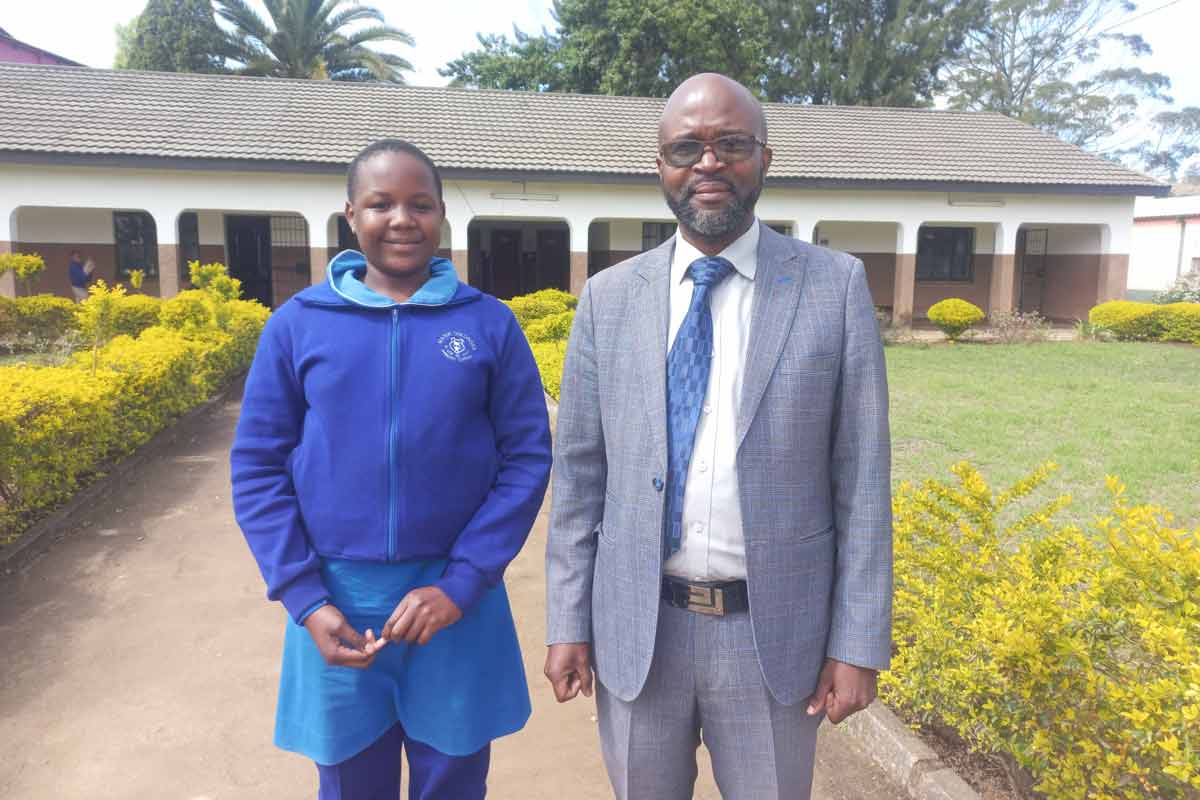
Uptake was strong. “The sensitisation helped as most parents and children warmed up to the vaccination as we were able to reach over 300 schools to administer the HPV vaccine alone in the first few days of the campaign,” she said. “Those children whose parents had not signed the consent forms for various reasons were advised to use their nearest clinic.”
By mid-October, all straggler schools were due to have been reached. The teams continued in the first days of the second term, while others were advised to use the nearest clinic or health centre, as the vaccines have been made available there.
“I would open the school doors anytime the health teams want to vaccinate my children.”
- Sitsakasile Hleta, head teacher, Ezulwini Primary School
Making health funding go further
“Preventative health care saves lives and is less costly than cure. Our health systems are already overburdened, therefore the availability of vaccines such as HPV, COVID-19 and deworming will ease the pressure and [we will] be able to have an effective health system as well as a healthy nation,” Dlamini said.
Thirteen-year-old Thando Sifundza, who attends Materdolorosa Primary School in Mbabane, says if it were up to her, everyone her age should get vaccinated so that they can be protected from cancer.
“I took the HPV vaccine after my parents signed the consent form for me. At first, I was afraid to take the vaccine, but after we learned about the benefits of getting vaccinated for HPV we were ready to get vaccinated. I am happy that my friends also got vaccinated. It was not that painful. Cervical cancer can be prevented with only one vaccine dose,” said Sifundza.
Have you read?
Her mother, Thabisile Malindzisa, said the campaign was a great opportunity because it saved her time and money she would otherwise have needed to earmark for a clinic visit. The government and supporting partners of the programme – which include the World Health Organization (WHO), UNICEF and Gavi -- made things easier for everyone, she said.
“I used to work in the health care space before; I have seen a lot of illnesses that could have been prevented by vaccination. I always tell my children about the importance of prevention,” she says.
Twelve-year-old Lenhle Mabundza, a Grade VI learner from Ezulwini Community Primary School, which is located in one of the rural communities of Eswatini, says her school was part of the 2023 HPV vaccine school campaign as well as the integrated school campaign.
“I was lucky to benefit from both campaigns as my school was visited twice. I took the HPV and I did not have any side effects, but my arm was a bit painful. When the health teams return I will also take the deworming pill,” she says.
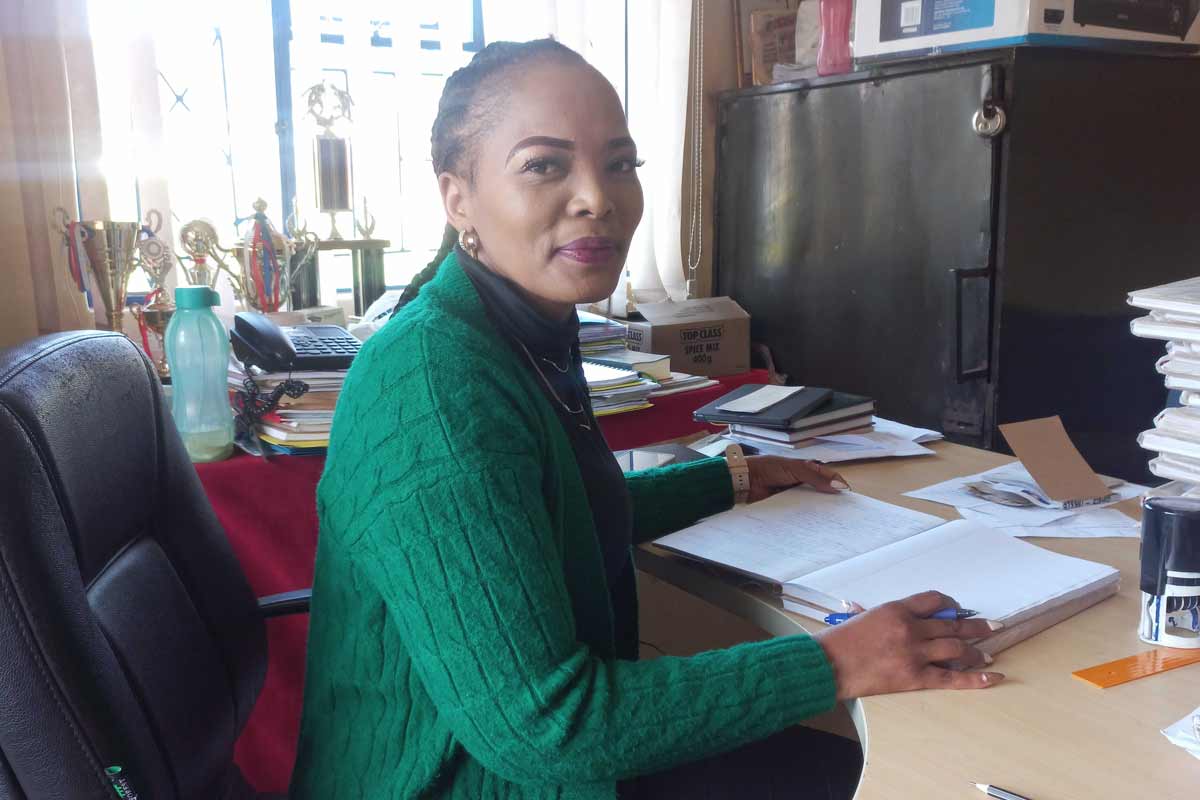
Ezulwini Primary School Head Teacher Sitsakasile Hleta lauds the health teams for carrying out the exercise. She says her school has an enrolment of over 900 pupils. Teams came two weeks before the vaccination session to sensitise children, and further, to assess the school gardens, toilets, and kitchen and water sources.
“The lessons continued as planned for the day as the exercise was quicker, because the groundwork of sensitising the learners and parents was done prior. I would open the school doors anytime the health teams want to vaccinate my children. In fact, I have urged the teams to complete the exercise because not all grades were covered in their last visit,” she says.
Hleta says even the parents surprised her as they signed consent forms and made follow-up plans on when the teams will visit the school because of the convenience the campaign brought to the community.
